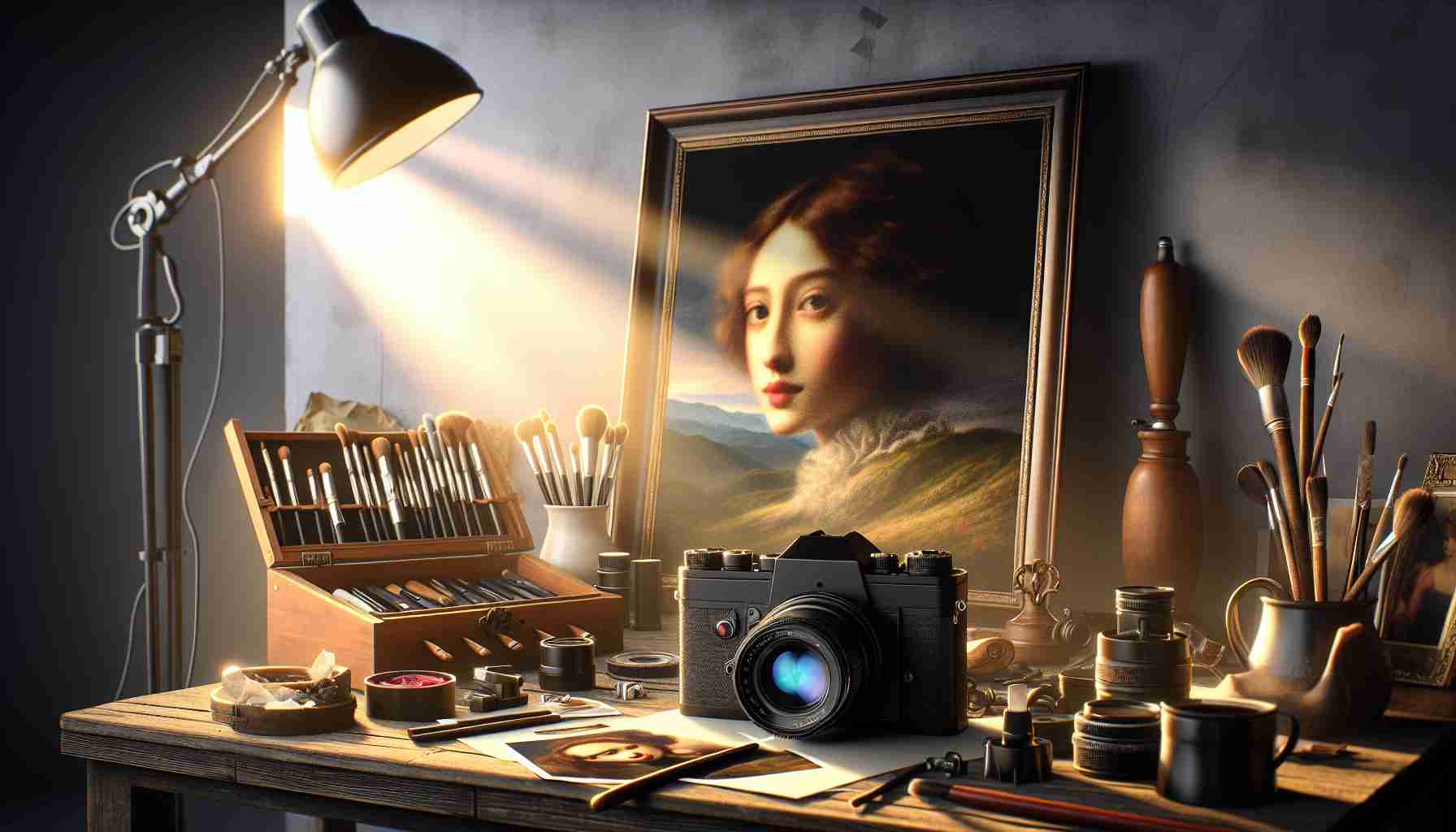The Honor brand has unveiled a groundbreaking development in the domain of mobile photography with the introduction of the Honor 200 and Honor 200 Pro smartphones. Engineered in collaboration with the Paris-based portrait experts from Harcourt photo studio, these handsets deliver a revolutionary portrait experience enriched by AI technologies.
Intelligent Photography Redefined
The engineers at Honor, together with Harcourt’s photographers, have birthed an AI-driven algorithm inspired by the analysis of over 10,000 iconic portraits. This software marvel is designed to finetune shooting parameters to complement the unique contours and features of individual faces, adjust for lighting conditions, and thus craft images reminiscent of Harcourt’s signature lighting technique, which is renowned for its soft shadows and vivid highlights that lend portraits an extraordinary depth.
Advanced Camera Features
The camera configuration of the Honor 200 boasts a triad of lenses, including a 50MP main sensor, a 50MP telephoto lens, and a 12MP ultra-wide camera, supporting up to 50x digital zoom and 4K video recording. The Pro variant enhances user experience with an OmniVision OV50H sensor and a 3D facial recognition system. Front-facing cameras on both models are an impressive 50MP, ensuring selfie enthusiasts are not left wanting.
Power and Display Enhancements
Beyond the camera’s prowess, both devices feature potent processors, high-definition, flicker-free displays, and state-of-the-art batteries outfitted with speedy 100W charging capabilities.
The anticipation for the global launch of these smartphones in Paris is high. The Honor 200 series aims for availability on June 26th, with the Honor 200 starting at approximately 500 euros, while the Honor 200 Pro will begin at around 700 euros. These premium devices are not only shaping the future of portrait photography but are also setting a benchmark in the evolution of smartphone technology.
The integration of AI technology in portrait photography through smartphones heralds a new era for mobile photography enthusiasts and professional photographers alike. Here are some other factors to consider in regard to this topic:
Important Questions and Answers:
– How will the AI algorithm impact the authenticity of portraits?
The AI-driven algorithm is designed to enhance portrait photography by adjusting shooting parameters that complement individual features and lighting conditions. However, some may argue that this could lead to less authentic portraits if the AI adjustments are too aggressive or if they remove natural imperfections in pursuit of an idealized image.
– What are the key challenges with AI in photography?
A significant challenge with AI in photography is ensuring that it accurately recognizes various skin tones, facial features, and expressions without bias. Additionally, there is the risk of loss of artistic control, where photographers might feel their creative input is diminished by automated processes.
– Are there controversies associated with the use of AI in photography?
One potential controversy is the privacy concern with powerful camera technology, such as 3D facial recognition, which can raise issues of data security and misuse of facial data.
Advantages and Disadvantages:
– Advantages:
1. AI algorithms can significantly reduce the time required for photo editing by automatically adjusting various parameters for optimal results.
2. The collaboration with Harcourt suggests a commitment to professional-grade portrait photography, offering quality akin to studio photography.
3. The inclusion of high-resolution sensors and advanced features like 3D facial recognition enhances the functionality and appeal of the Honor 200 series.
– Disadvantages:
1. The cost of these premium devices can be a barrier for many consumers.
2. The reliance on AI might discourage users from learning manual photography skills that are crucial for professional photography.
3. Over-processing of images can result in less natural-looking portraits, thereby potentially altering the subject’s natural appearance.
Related Links:
For those interested in exploring more about AI’s role in photography and the latest smartphone technologies, here are some suggested links:
Please note that further research may lead to additional insights and discussions related to this topic, as the field of AI and smartphone photography is rapidly evolving.
